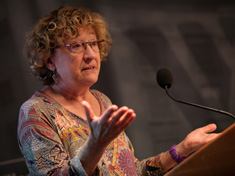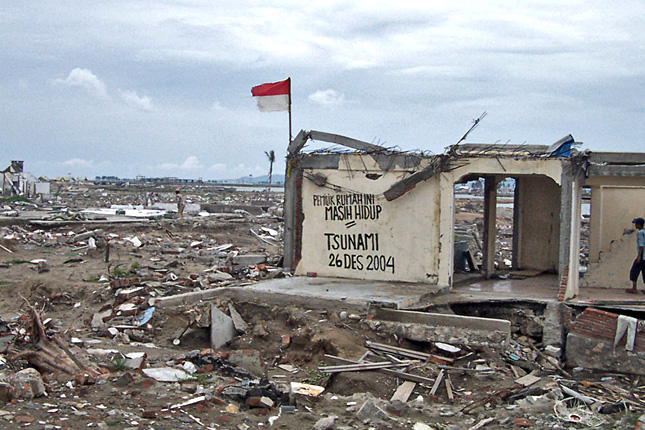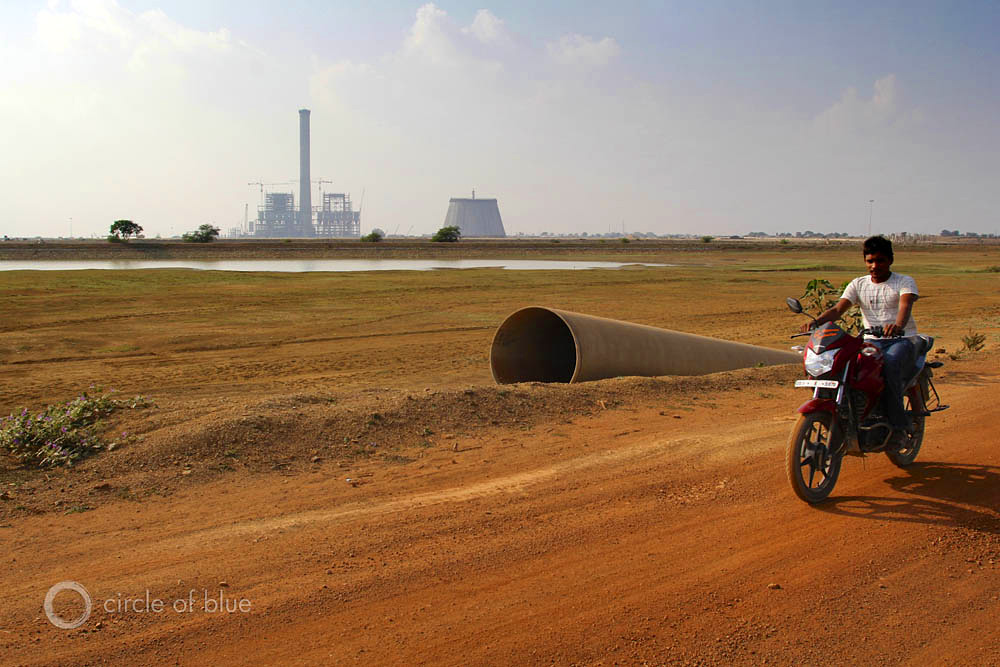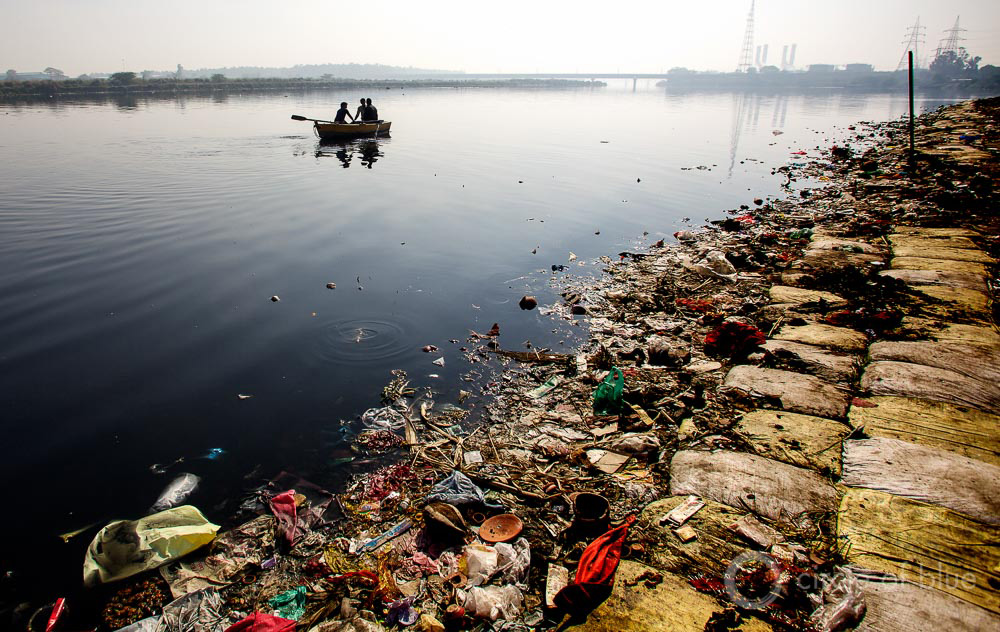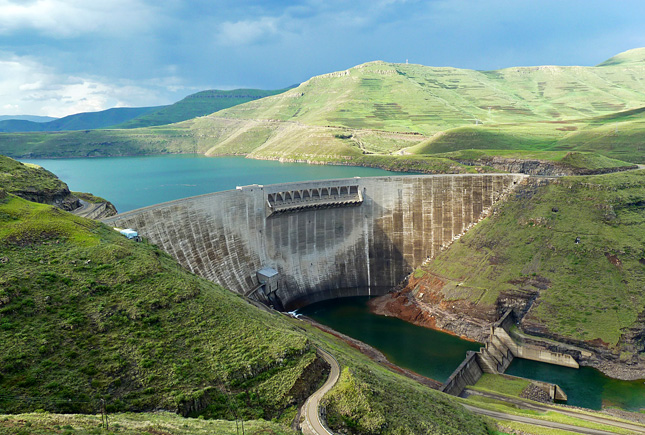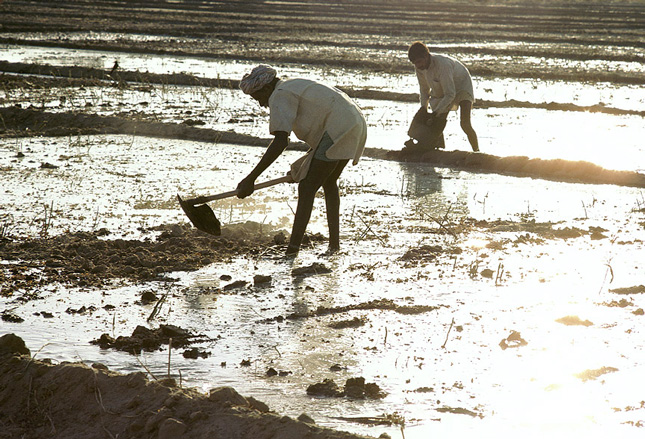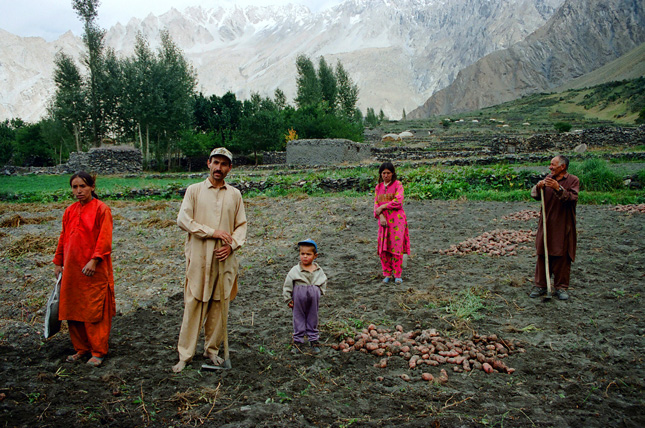-
Barbara Stilwell: Midwives Should be Empowered and Elevated, Not Subsumed by Process
›
One of the biggest challenges to improving health care in developing countries is that it’s not necessarily a great job. Midwives and other auxiliary health workers often face very difficult working conditions with little training, poor pay, and no hope of advancement. This can translate to poor results and even abuse of patients.
-
Accounting for 1 in 3 Maternal Deaths, Health Disparities Persist in South Asia
›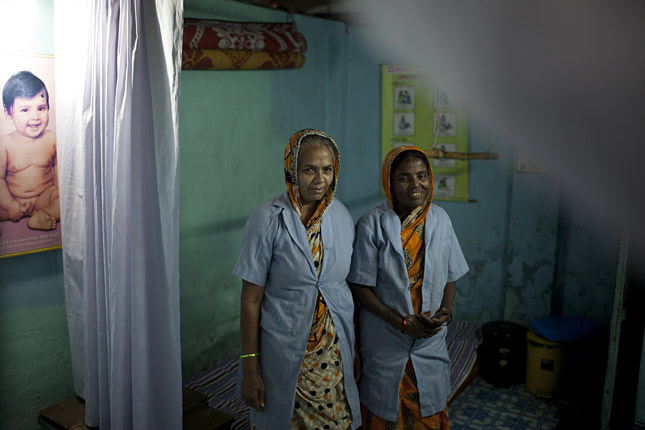
The state of maternal health in South Asia is difficult to assess. Although rates of maternal mortality are declining between 2 and 2.5 percent a year overall, the region’s massive population – one fifth of the world and over 1 billion people in India alone – means it still accounts for one out of three maternal deaths. [Video Below]
-
Catalyzing Cooperation: Disaster Diplomacy and its Potential to Short-Circuit the Climate-Conflict Link
›
There is a growing chorus of voices claiming climate change will foster more conflict and violence. Books have been released on the impending age of climate wars, while media outlets dutifully report on research that purports to show how global warming will increase violence of every form, from the number of times pitchers bean batters in baseball to the rate of sexual assault.
-
What Can Be Done to Strengthen India’s Natural Resource Management? [Part 2 of 2]
›
For two years, the Wilson Center and Circle of Blue have explored the contest for food, water, and energy in India and the troubling ways it plays out across the country. In part one of this series outlining our findings, we explained the basics of India’s natural resource management choke point.
-
India’s Food, Water, Energy Conundrum: Conclusions From a Two-Year Reporting Project [Part 1 of 2]
›
For two years, the Wilson Center and Circle of Blue have explored the contest for food, water, and energy in India and the troubling ways it plays out across the country.
-
World Water Day: A Wellspring for Sustainable Development
›
This year’s World Water Day is taking on a broader theme than years past: sustainable development. The theme makes sense as two major international processes – the drafting of the Sustainable Development Goals to replace the Millennium Development Goals, and the most anticipated UN Climate Summit in years – are taking place in 2015. Decisions made over the next nine months will play a huge role in relationships between nations and global development priorities going forward.
-
India’s Growing Water Risks, Illustrated
›Guest Contributor // March 3, 2015 // By Tien Shiao, Andrew Maddocks, Christopher Carson & Emma Loizeaux
India is one of the most water-challenged countries in the world, from its deepest aquifers to its largest rivers. Groundwater levels are falling as farmers, new urban residents, and industries drain wells and aquifers. What water is available is often severely polluted, and the future may only be worse, with the national supply predicted to fall 50 percent below demand by 2030.
-
The Case for Better Aid to Pakistan: Climate, Health, Demographic Challenges Demand New Approach
›March 2, 2015 // By Kate Diamond
In 2009, the U.S. Congress passed a five-year, $7.5 billion aid package for a country it had all but abandoned just 10 years earlier. Indeed, if one word can summarize the U.S. relationship with Pakistan, “volatile” might be it. Since the September 11 attacks, the U.S. has appropriated nearly $61 billion in aid to Pakistan – more than twice what it received since independence in 1947.
Showing posts from category India.


